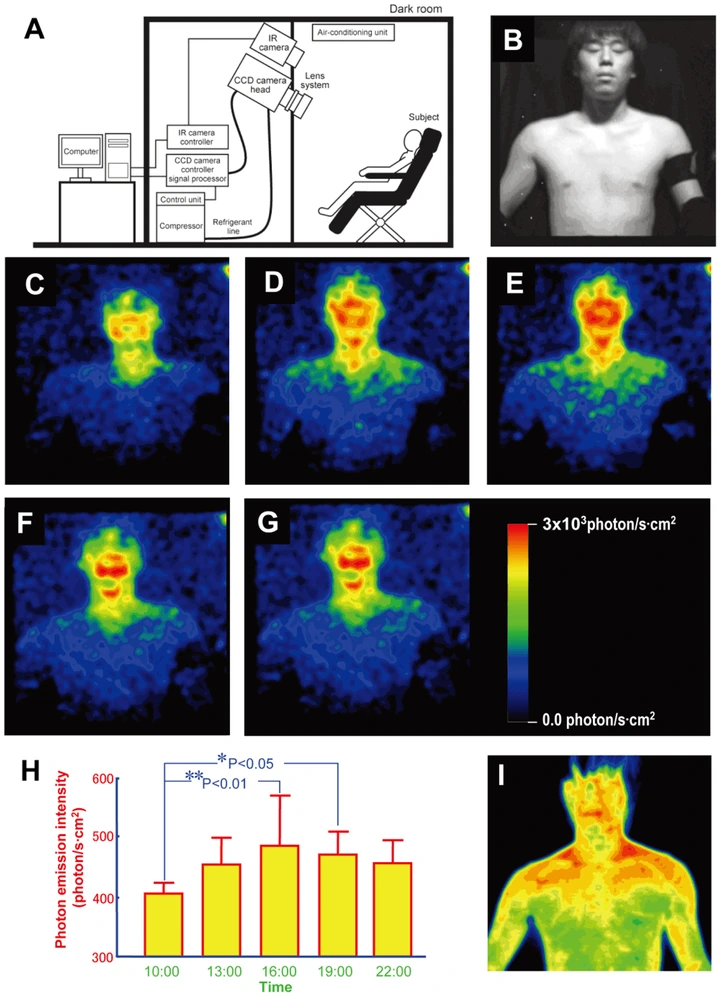Humans Emit Light, But It's Too Faint for Our Eyes to Detect
"The human body truly shines."

View pictures in App save up to 80% data.
Living things have been known to glow thanks to a nifty trick called bioluminescence, but it’s something we more typically associate with animals of the deep sea than those stomping around surface-side. It may surprise you, then, to learn that bioluminescence has been detected in humans. That’s right, we glow in the dark – it’s just really, really, really faint.
That was the discovery made by researchers in a 2009 study who used incredibly sensitive cameras to effectively watch naked people sleep. Bit creepy, sure, but it also shone a light on the light that we unknowingly emit.
"The researchers noted that 'the human body actually emits a subtle glow.' As for the reason we can't perceive it? 'The brightness of the light released by the body is a thousand times dimmer than what our unaided eyes can detect.'"
The shimmering phenomenon was noticed in five men in their twenties who were placed under standard light-dark settings and encouraged to take short naps in front of a cryogenic charge-coupled device (CCD) camera capable of sensing light down to the level of a single photon. The researchers pointed out that the camera needed to function at a temperature of –120 °C (-184 °F), but thankfully, the participants did not have to endure such extreme conditions.

View pictures in App save up to 80% data.